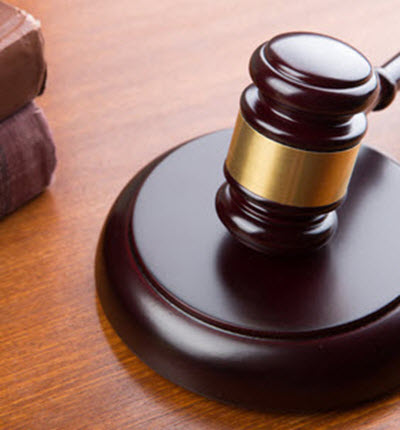Do I Have a Qui Tam Case?

Our firm gets many calls every week from people claiming that they have a qui tam (or whistleblower) claim against a certain company or individual for committing fraud against the government. While many of the situations are legitimately concerning, not all of them rise to the level of a qui tam claim under the False Claims Act. The Federal False Claims Act allows a whistleblower, known as a “relator,” to bring a lawsuit on behalf of the government for fraudulent conduct related to a government program or government contract.
Qui tam cases come in many different variations, but in order to bring a successful qui tam claim, you will almost always have to meet the following requirements:
- The person or company made a false statement, or caused a false statement to be made, to the government. Examples of a false statement include a bill for goods or services that were never delivered or performed; falsely certifying that certain materials or goods were tested; a record of performing unnecessary or excessive procedures or tests in order to increase government reimbursement; billing for superior goods or services but providing inferior goods or services; failing to report an overpayment by the government for certain goods or services; winning a contract through kickbacks or bribes; failing to pay the government for certain goods or services; and the list goes on…
- The false statement was made with “scienter,” which means that the person or company making the statement, or causing the statement to be made, had knowledge of the falsity of the statement. Knowledge can be tricky, however, because one who acts in “deliberate ignorance” or “reckless disregard” for the truth or falsity of the statement may be charged with knowledge. Though, simple negligence or an innocent mistake will not suffice.
- The false statement was material. In other words, the false statement was important enough to matter to the government and influenced the government’s payment or receipt of money. Some important considerations are whether the false statement related to a condition of payment and whether the government would have refused payment had it known of the falsity of the statement.
- There was significant financial harm to the government. Financial harm to the government can mean that the government paid the maker of the statement based on the false statement, or it can mean that, based on the false statement, the maker of the statement decreased, concealed, or avoided an obligation to pay the government.
- There is solid, specific information about the fraud that is being alleged. A relator cannot simply allege an awareness of improper practices; you must allege the who, what, when, where, and how of the fraudulent statement(s). You must be able to show that the false statements were actually submitted to the government.
- Be the first person to file the qui tam claim. This is the “first-to-file” rule, which provides that only the first person to file the qui tam claim can be the relator. Further, the qui tam claim cannot be based on information that is publicly available.
If your qui tam claim is successful, you will be entitled to a percentage of the amount recovered by the government as a reward for exposing the fraud or violation and helping the government recoup owed funds. The relator may also recover its “reasonable” expenses from bringing the lawsuit, and its attorney’s fees and costs.
If you believe that you may have a qui tam claim against a company or individual, we would be happy to discuss it with you. Contact the team at Rabin Kammerer Johnson today for a free consultation.
